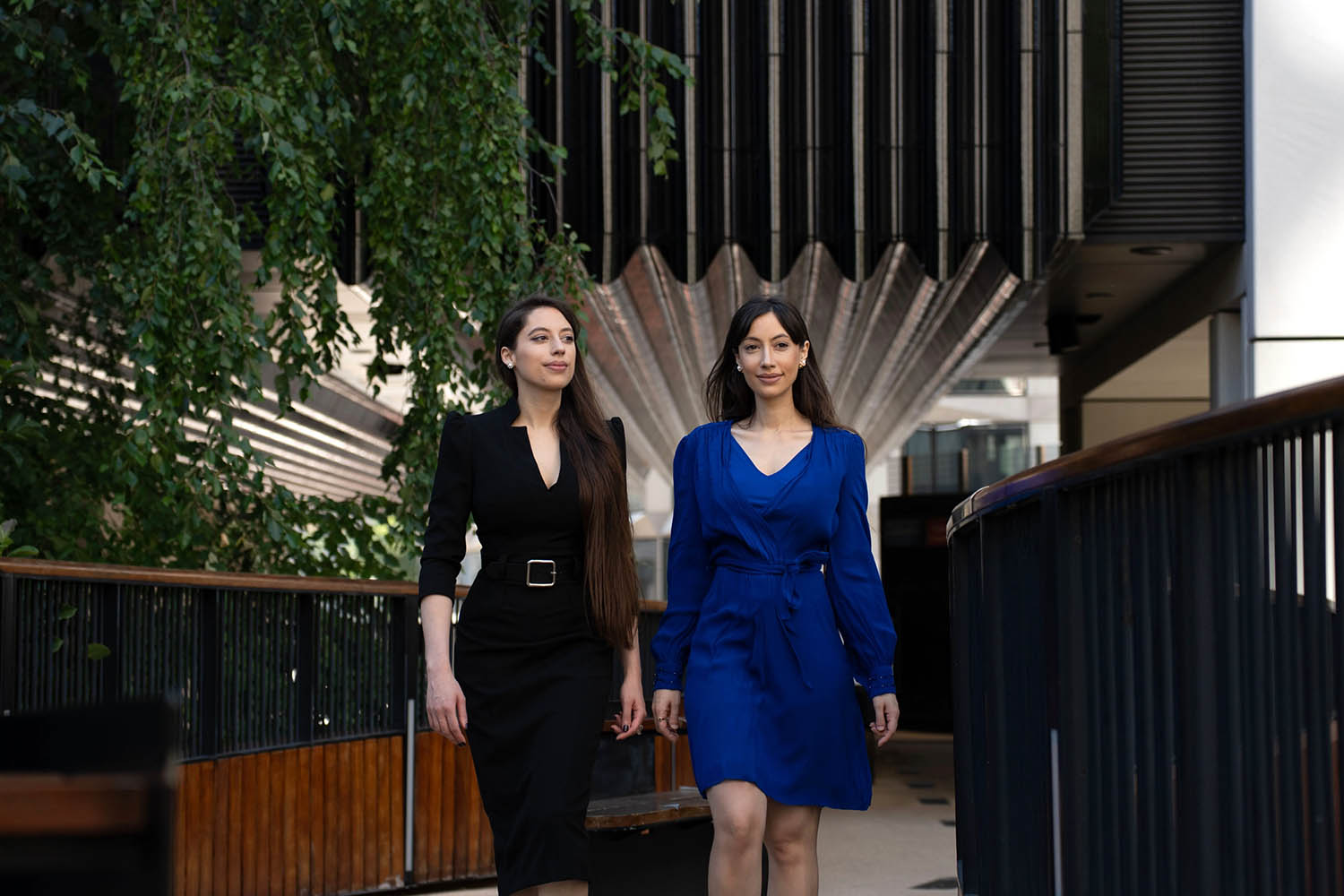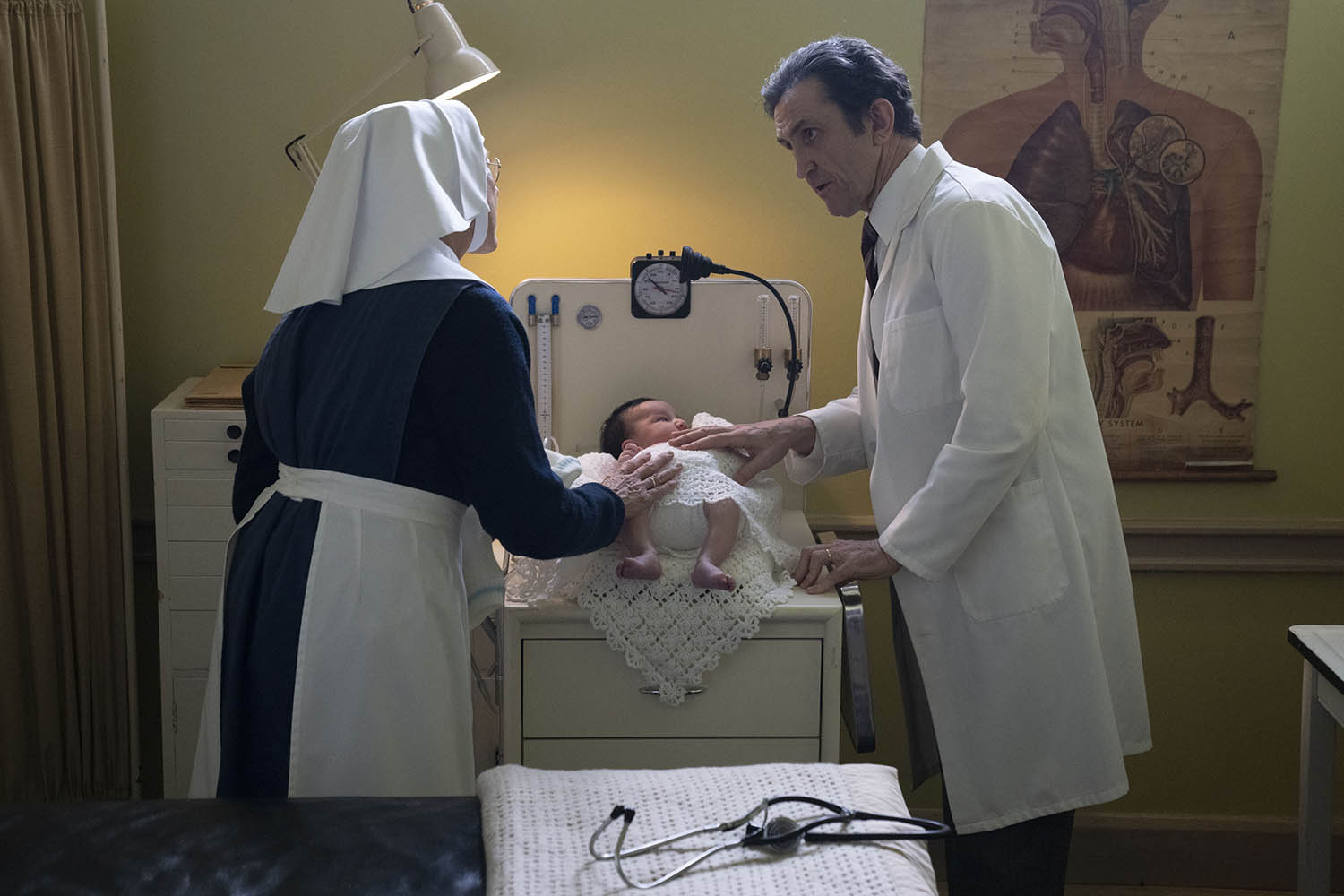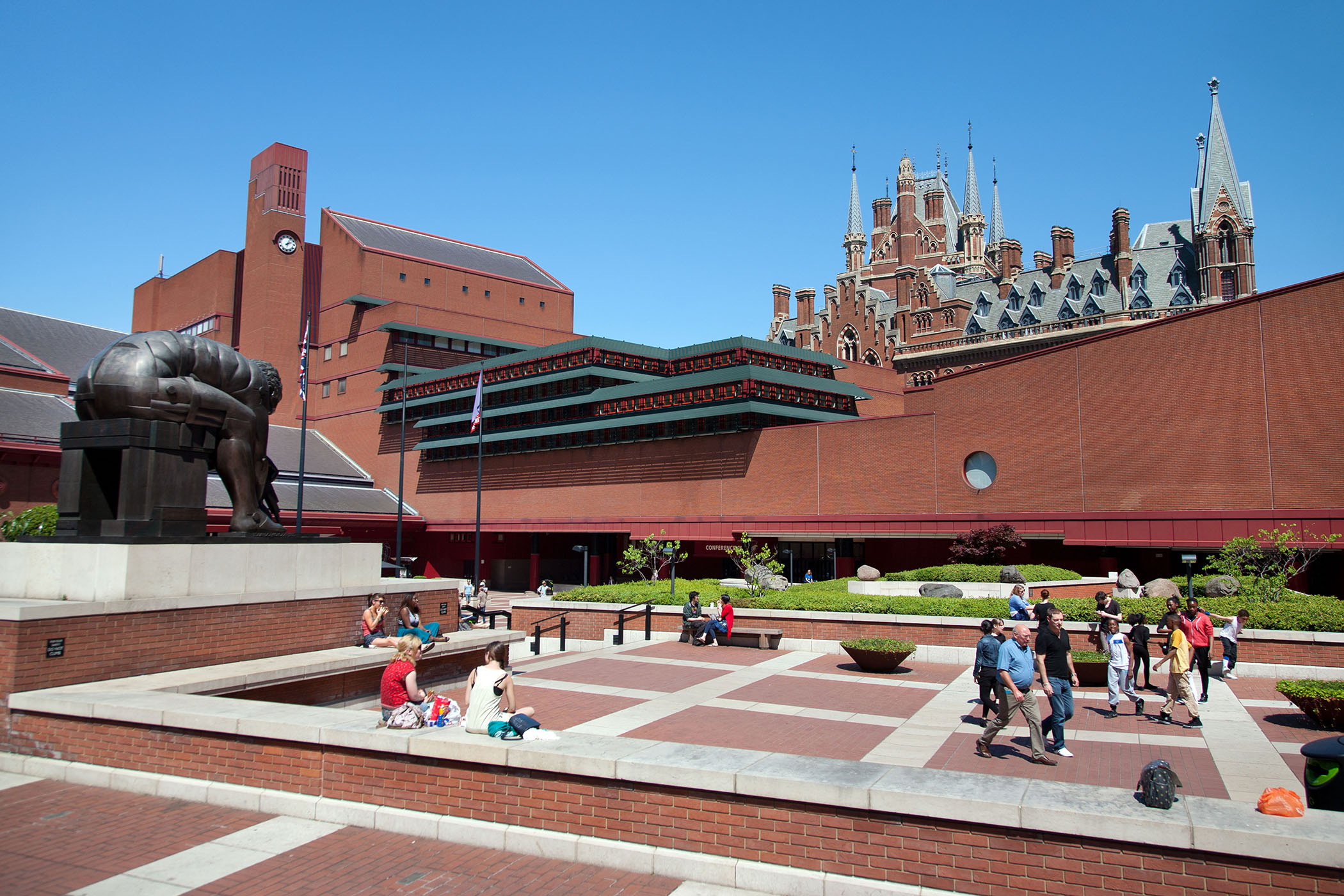The search for an elixir of youth dates back to ancient times but, in the past two decades, the hunt for an anti-ageing drug has accelerated, driven by tech billionaires in Silicon Valley and researchers on biotech campuses around the world. Are we close? While scientists believe some drugs, such as semaglutide – sold under the brand names Wegovy and Ozempic – may slow down ageing, they are only licensed to treat specific conditions.
One company says it has a better answer. LinkGevity, a UK drug discovery start-up, has filed global patents for a new drug it hopes can block necrosis – unplanned cell death involved in a range of age-related conditions. It has won an award from Innovate UK, and funding from the Horizon Europe science programme and the Francis Crick Institute, one of Europe’s biggest biomedical laboratories. It is one of several firms competing to license the first anti-ageing drug, described as a “holy grail” of the pharmaceutical world.
The firm now wants to move to treating patients with the anti-necrotic drug later this year, subject to regulatory approval after reporting successful preclinical trials. It’s targeting a global longevity market worth about £25bn.
“We’ve never been able to intervene in this negative type of cell death and stop it,” said Carina Kern, chief executive of LinkGevity. “And it is this cell death that underlies tissue degeneration.”
Necrosis has been associated with large amounts of calcium in the cells. LinkGevity has patented a drug intended to block calcium pathways, preventing cell death.
Serena Kern-Libera, who founded the firm with her sister Carina, said: “Necrosis is not confined to a particular disease. It’s across the biological system. If we could intervene, that has profound implications for the treatment of specific diseases, but more generally for ageing itself.”
The two sisters were brought up in India and studied at university in the UK. Carina was a research fellow on ageing-associated disease at University College London. Serena trained as a lawyer at the legal firm Slaughter and May, before working as legal counsel and a trade policy adviser at the Bank of England.
‘We understand the ageing mechanism we’re dealing with, and we understand how to stop it’
‘We understand the ageing mechanism we’re dealing with, and we understand how to stop it’
Prof Justin Stebbing
The proposed initial trials would be with patients vulnerable to kidney disease, because the organ is particularly susceptible to necrosis and ageing. The firm could initially apply for the drug to be licensed for kidney disease and later submit an application for it to be approved as an anti-ageing drug.
Related articles:
One of the many hurdles for firms like LinkGevity is persuading the regulators that ageing should be recognised as a condition that can be treated with drugs.
It is not just the funders of drug discovery firms hoping they may find the first anti-ageing drug. LinkGevity is backed by an accelerator programme supported by Nasa, which is keen to combat accelerated ageing effects in space.
Newsletters
Choose the newsletters you want to receive
View more
For information about how The Observer protects your data, read our Privacy Policy
Damian Bailey, director of the Neurovascular Research Laboratory, University of South Wales, and chair of the Life Sciences Working Group of the European Space Agency, said: “If you’ve got a drug that can target pathways to make more cells more resilient, it’s an absolute gamechanger.” He said an anti-necrotic drug could help astronauts cope with the stresses and risks of space travel. “When astronauts come back to Earth, they are almost treated as patients,” he said.
LinkGevity is among a cluster of biotech firms in Cambridge working on potential longevity treatments. They include clock.bio, which has a goal to extend the average healthy lifespan by 20 years, and Shift Bioscience, which is researching cell rejuvenation therapeutics.
Genflow Biosciences, based in the UK and publicly listed, is working in gene therapies to decelerate the ageing process.
In the US, Altos Labs, which also has a research institute in Cambridge, is investigating mechanics to rejuvenate cells to prolong life. It is funded by Amazon founder Jeff Bezos and the technology billionaire Yuri Milner, and is researching cell rejuvenation therapies.
San Francisco-based Retro Biosciences, backed by OpenAI chief Sam Altman, is trying to raise £750m to fund its aim to increase the human lifespan by a decade. Calico Life Sciences, founded by Alphabet, is investigating “the biology that controls human ageing” and has already started clinical trials for some drugs.
Justin Stebbing, professor of biomedical sciences at Anglia Ruskin University and an adviser to LinkGevity, said: “No regulator has approved a drug for ageing because it’s difficult to be clear about what end points you’re going to use in studies and how to measure it.
“We’re using the kidney as a model, and we think we have a good chance of being the first anti-ageing drug approved, because we understand the mechanism that we’re dealing with here, and we understand how to stop it.”
Photograph by Melody Berkery/LinkGevity



